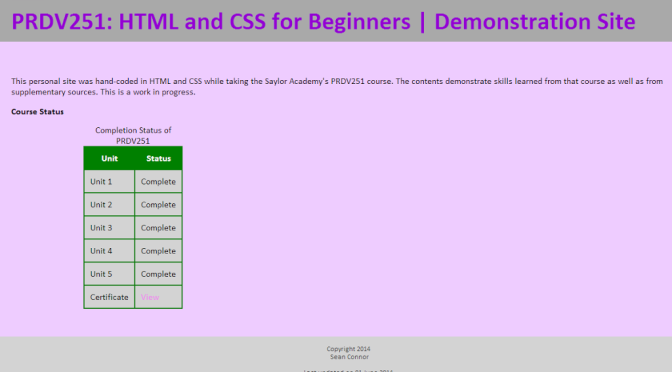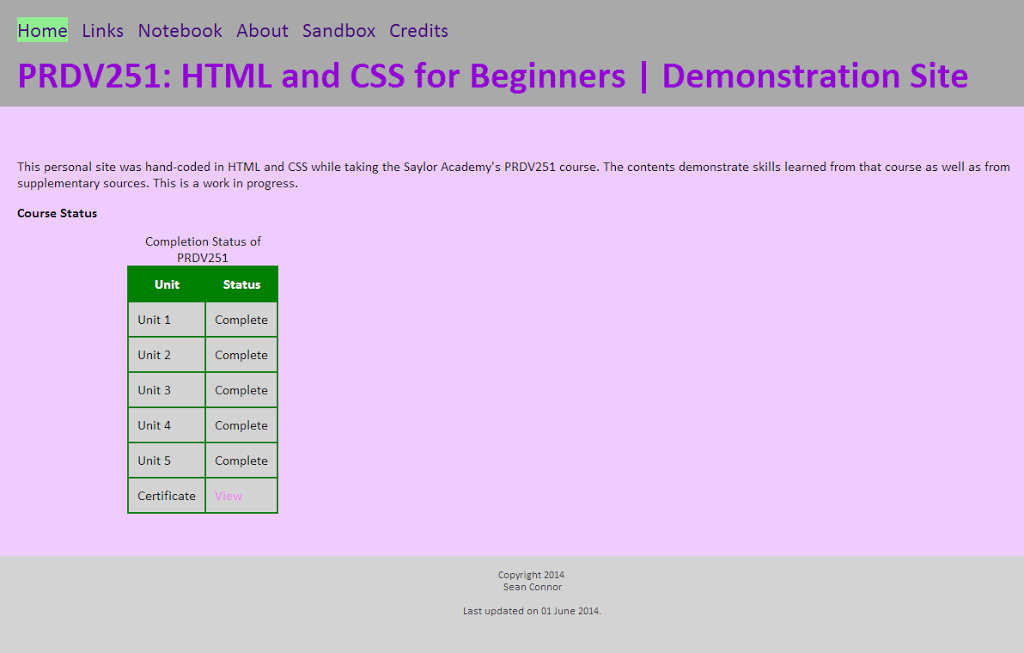
I trust that the assertion is uninspired enough to warrant no notice and thus no offense, but it wants saying:
The term OER does not take an ‘s’ in the plural.
That is to say that the answer to the age-old question “OER or OERs?” is definitively the first and never the second. Moreover, one can create OER but not an OER; one can have OER but not one or more OER.
How do we know this to be so? We do not. In my case, I have the estimable authority of my own opinion; I have a strong visceral reaction to hearing the term OERs spoken aloud and only a slightly more subdued reaction to seeing it in print.
Other arguments are available.
Often, it seems that OERs is used to describe actual learning objects, whereas OER will be used to describe the concept of OER. That is, OER can be a concrete or abstract noun, and OERs is the plural of the former sort. That could wash if such usage were very strictly consistent. That both versions are often used inconsistently in the same source suggests either that both are correct or either is correct; in such a case, however, good style dictates that we choose one.
The collaboratively-edited Wikipedia page for Open Educational Resources overwhelmingly prefers OER, although this could be a result of one editor simply including more material than another, thus magnifying preferences. Sample sentences include:
- “OER includes learning content, software tools…”
- “Since OER are intended to be available for a variety of educational purposes, most organizations using OER neither…”
- “UNESCO also champions OERs as a means of promoting access…”
- “WikiEducator was launched to provide a venue for planning education projects built on OER, creating and promoting open education resources (OERs)…” [Note inconsistent use within a single sentence in this and the following sentence.]
- “OER Commons also provides educators tools to align OER to the Common Core State Standards; to evaluate the quality of OER to OER Rubrics developed by Achieve; and to contribute and share OERs with other teachers and learners worldwide.”
The (possibly) collaboratively-edited Creative Commons wiki page “What is OER?” includes just one use of OERs, in a quote directly from the Wikipedia article.
Wikipedia attributes the creation of the term to UNESCO in 2002. Perhaps we could consider UNESCO the authority, then. The 2012 Paris OER Declaration contains 23 uses of OER and no uses of OERs. Hurray! But wait…
A 2010 message by UNESCO’s own Assistant Director-General for Education uses OER and OERs nine times each, once using both in the same sentence.
There is no easy way out of this mess. The preponderance of evidence seems to favor the authority of OER without clearly suppressing OERs. But if, by fiat, each creator can prefer one term to the other and is consistent in using one term over the other, at least we may hope that one will win out by overwhelming the other.
You know my heart, and if I lose I will try to be gracious but will probably choose to be wrong. Some losing battles are worth fighting, after all.
Image created using Text ASCII Art Generator by patorjk. More sweet software here.



